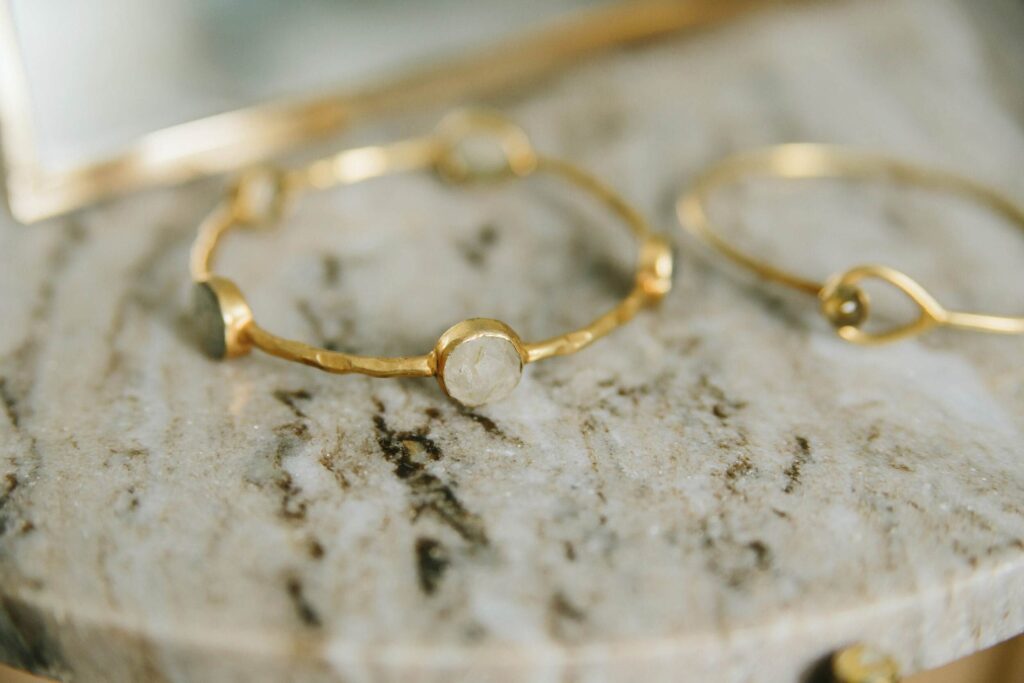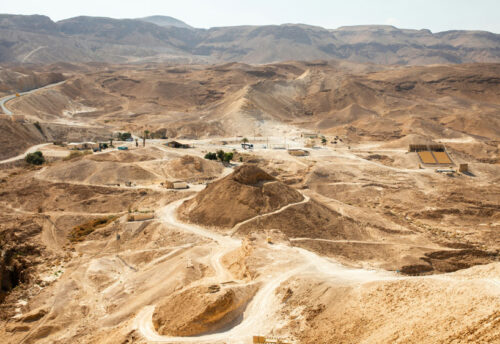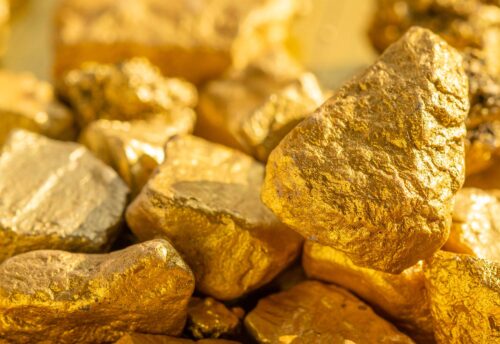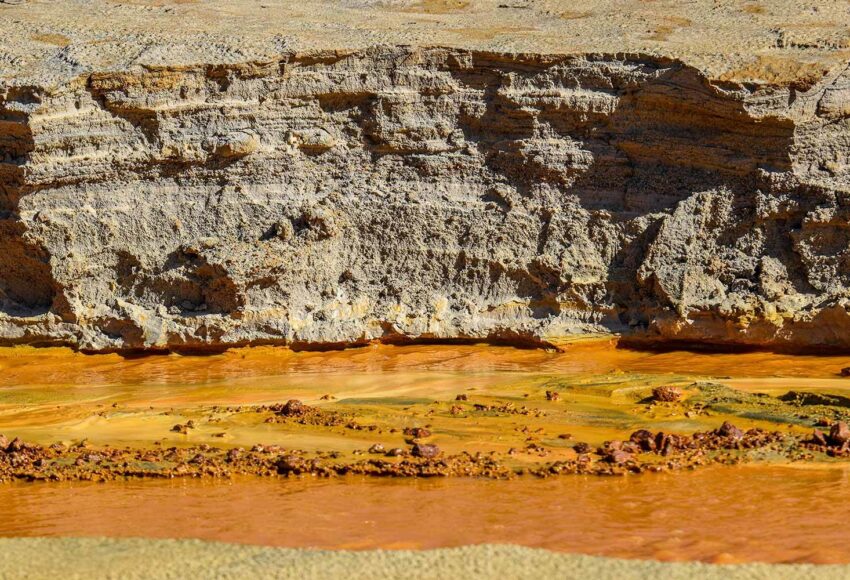
Gold Jewellery Recycling: Embrace Going Green
Have you ever thought about selling your old jewellery? It’s not only a great way to earn some extra cash, but it is a great way to partake in the circular economy. Gold jewellery recycling makes a positive impact on the environment and supports sustainable jewellery makers.
The ethical issues of gold mining are vast and disconcerting. By choosing to sell your unwanted gold jewelry to a reputable gold buyer like Gold Buyers, you can play a big role in promoting environmental stewardship.
Digging Deeper: The Environmental And Social Impacts Of Gold Mining
Pure gold is a highly sought-after material for fine jewellery, accounting for 55% of the overall global demand according to a 2021 study. However, it can only be extracted from gold deposits through mining, which has harmful environmental impacts. In fact, gold mining is one of the most destructive industries in the world.
Leaving behind irreparable damage to both the environment and local communities. The scale of devastation is hidden from consumers, with many are unaware of the true cost of their purchase.
It takes 20 tons of mine waste to produce just one gold wedding ring, highlighting the staggering impact gold mining has on the environment. The high demand for gold in the jewellery sector exacerbates this issue, further contributing to the environmental harm caused by mining.
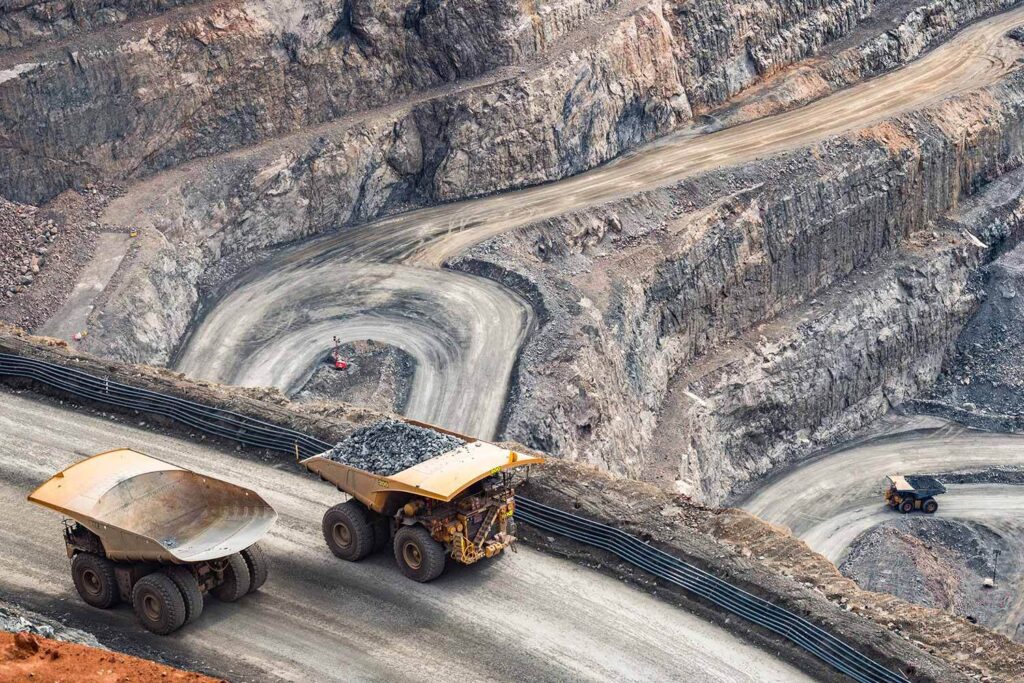
From Poisoning To Scarcity: The Dire Consequences Of Gold Mining On Water Supply
The detrimental effects of gold mining on water supply are far-reaching, with consequences ranging from contamination to scarcity.
Mining operations produce toxic waste materials that contain arsenic, lead, mercury, petroleum byproducts, acids and cyanide. These hazardous substances can infiltrate water sources such as rivers, lakes, and oceans in the vicinity of mining sites, resulting in irreversible damage to ecosystems and human health. Shockingly, the United Nations Environment Programme (UNEP) reports that there have been 221 major tailing dam failures, which have caused widespread fatalities, displaced populations, and contaminated water supply for millions of people.
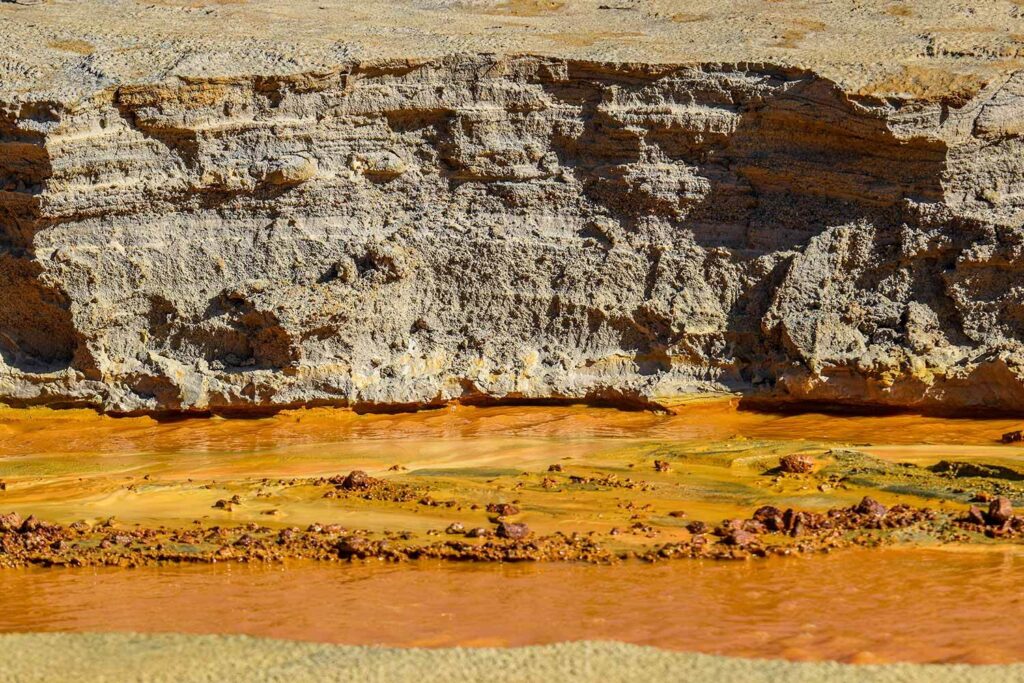
The Consequences Of Gold Mining On Displaced Communities
Gold mining operations not only cause severe environmental damage but also result in devastating consequences for nearby communities. Acquiring land for mining purposes often leads to the loss of homes, farms, and other vital resources that communities rely on for survival.
The destruction of ecosystems, contamination of water sources, and exposure to hazardous chemicals can render land uninhabitable and force communities to relocate. The consequences of displacement have long-lasting effects on the social and cultural structures of a community, including their mental and physical well-being.
The Ecological Toll of Gold Mining on Land and Forests; Amazon and Beyond
Gold mining is one of the largest industries to have impacted the Amazon region in recent years. Between 2010 and 2020, mining activity in the Amazon increased by an alarming 500% in indigenous areas alone. The scale of deforestation caused by gold mining in the Amazons Guiana Shield region is staggeringly, accounting for as much as 90% of total deforestation. This has resulted in the loss of approximately 2 million tons of forest carbon each year, a figure that cannot be recovered within typical regeneration timeframes, made worse due to abandonment of mining sites.
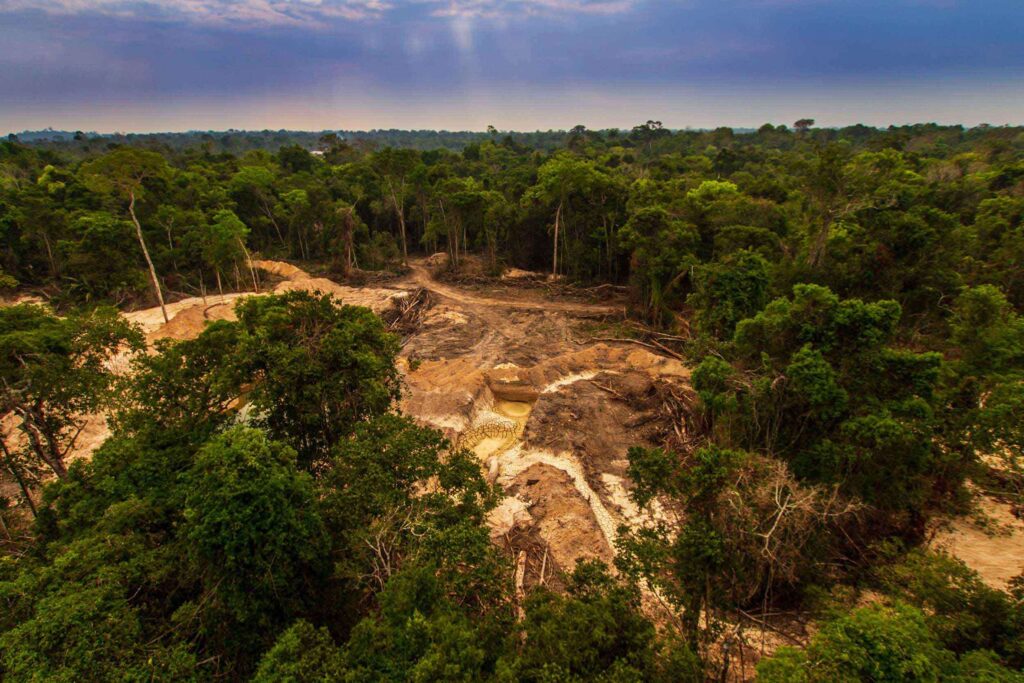
Small Scale Actions, Big Impact: The Power Of Taking Sustainable Steps
Recycling solid gold jewellery is a powerful step in reducing environmental degradation. In 2018, 23% of high value gold was recycled, 3% recycled electronics and the remaining was newly mined. This indicates that we are making progress in the right direction for renewing our gold resources.
Whilst gold mining will likely continue, reducing the demand for new gold mining assists in conserving energy and reducing greenhouse emissions. Additionally, recycling gold can help decrease the amount of waste produced by gold mining and prevent unwanted gold items from ending up in landfills.
Recycling is crucial because gold is a finite resource, and giving old, unwanted gold items a new lease on life can help conserve it. These small everyday actions can add up to significant changes in the world. As Gina McCarthy, Environmental Protection Agency Administrator puts it, “we all have a role to play in protecting our planet for generations to come”.
Supporting Ethical Jewellery Brands
As consumers become more environmentally conscious and demand fair trade and recycled materials, the rise of sustainable and ethical jewellery trends has led to an increase in the demand for recycled gold jewellery in Australia.
Recycled gold jewellery is equally as high quality as new gold. This is due to gold’s highly durable and non-reactive precious metal properties. When melted down and reformed, gold maintains its quality.
Searches for sustainable jewellery have increased dramatically over the past few years, from 166 searches per month in 2018 to 2,548 searches in 2022, and the industry has focused on transparency, eco-friendly practices, and the use of recycled materials for production processes.
This has resulted in ethical and sustainable jewellery Australia to include fair trade products, lab-grown diamonds and recycled materials.
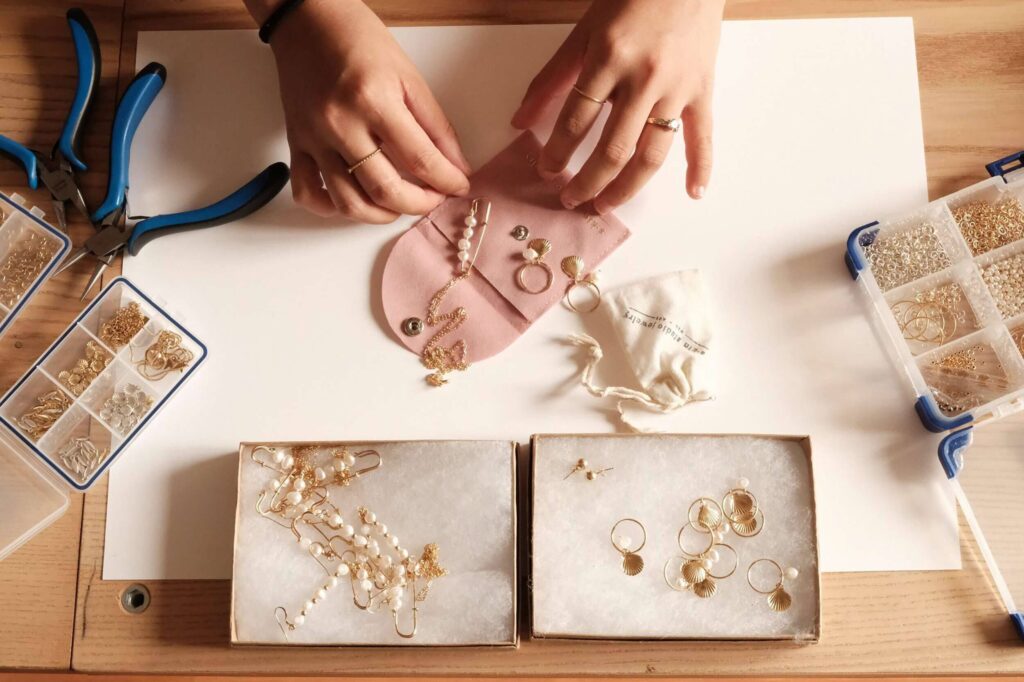
Join Gold Buyers To Play Your Role In The Circular Economy
By selling your old gold jewellery to Gold Buyers, you not only declutter and make a profit, but you also support a sustainable solution for recycling gold and give it a new lease on life.
Gold Buyers takes the collected gold to a facility where it is melted down and repurposed into new gold items.
We then sell these items to businesses that prioritise recycled metals and sustainable practices.
When you partner with Gold Buyers, you can take an active role in the gold recycling process. Together we can building a more sustainable world and supporting the circular economy.
“The circular economy is not just an environmental necessity, it’s an economic opportunity. By designing out waste and keeping resources in use for as long as possible, we can create a more resilient and sustainable economy that benefits both people and the planet” – Ellen MacArthur
